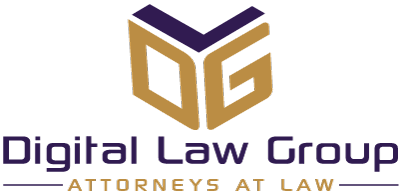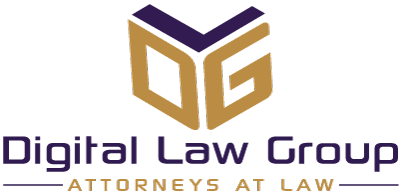Perhaps the first question should be: “What in the world is a Hamdog?” The Hamdog is a combination of a hamburger and a hot dog. Mark Murray, who lives in Perth, Australia, invented it in 2004. The invention has been granted patent rights in Australia and the United States, and, more importantly, has become a viral phenomenon, spawning hundreds of interviews of the inventor.
Thanks to the attention the product has received, Murray has decided that rather than sell directly in the U.S., he is auctioning the U.S. patent and trademark to the highest bidder, transferring global rights (not including Australia). The auction commenced on Sept. 30, and Murray has suggested the Hamdog patent and trademark is worth – wait for it – $100 million! Although many experts have advised that this estimate is unrealistic, Murray pointed out that if the Hamdog picked up just 1-percent of the U.S. burger market, it would equate to approximately $2.5 billion in sales annually.
Assuming Murray is correct and the Hamdog is successful in the U.S., perhaps selling the patent is not the most lucrative option for him. In some cases, licensing the patent or distributing the product yourself can lead to a bigger payday. For example, if Murray licensed the Hamdog patent and trademark in the U.S. for just a 1-percent royalty, using his figures, he could earn up to $25 million annually. At 2 percent, he’s looking at $50 million annually.
Of course, these numbers are based on sales, rather than adjusted gross revenues, but you get the idea. By licensing the intellectual property, in just a few short years, Murray could make more money than he would by just selling it. Keep in mind, this is based solely on U.S. sales; throw in a few licensing deals in other countries, and he’s looking at several huge royalty checks.
On the other hand, Murray could have opened Hamdog restaurants in the U.S. and franchised the business. Although this could have also been a great option, it requires startup capital along with all of the responsibilities and expenses that come with running a business.
Compared to a $100 million sale and walking away from any potential liabilities, or licensing the intellectual property for millions of dollars a year, franchising is probably the least profitable option – in the short term, that is. However, there is no way to know for sure until the results of the auction are made public and the product is rolled out in the states.
Like Murray, inventors have a lot to consider when deciding what to do with their intellectual property. In addition to the financial side of things (i.e., out-of-pocket expenses and potential profits), there are pros and cons to both licensing a product and manufacturing/distributing the product. See below for some examples.
Licensing
|
Pros |
Cons |
| Do not have to run a company | Lack of control over product |
| Limited financial risk | Not easy to get in front of big companies |
| Royalty payments | Royalties can result in the inventor getting less than what the distributors are making |
Distributing/Manufacturing
|
Pros |
Cons |
| Products can get to market faster | Inventory can be expensive |
| Higher profit margins | Need capital |
| Control over product direction | Manufacturing process can be logistically challenging |
Selling/Auctioning
|
Pros |
Cons |
| Big payday potential | No long-term payouts |
| Don’t have to worry about actual product success | Product could generate more money than originally contemplated |
When an invention has a high probability of success, having to weigh the pros and cons of how to proceed should be a great problem to have. On the other hand, when the financial benefits are largely unpredictable, choosing whether to license, sell, or distribute the product can be quite challenging and risky, and should also factor in personal and professional goals. Either way, inventors should always consult with trusted industry professionals to determine how best to proceed with a product.


